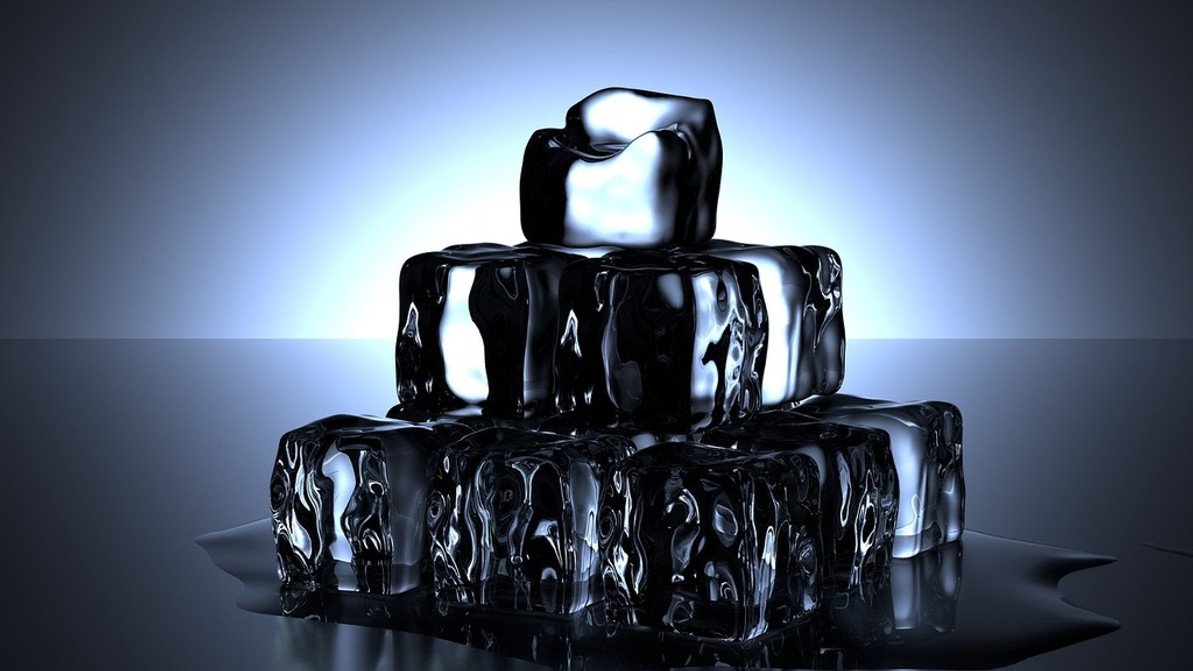Harnessing Cold Therapy for Post-Exercise Inflammation Relief
Exercise induced inflammation is a natural response of the body to physical exertion, signaling the process of muscle repair and growth. However, excessive inflammation can lead to discomfort, delayed recovery, and increased risk of injury. In recent years, cold therapy has emerged as a promising solution to mitigate post-exercise inflammation and expedite the recovery process.
Understanding Exercise Induced Inflammation
When we engage in physical activity, especially strenuous exercise, our muscles experience micro-tears and stress. In response, the body triggers an inflammatory cascade, releasing cytokines and prostaglandins to initiate the repair process. While this inflammation is crucial for tissue healing, an excessive or prolonged inflammatory response can lead to muscle soreness, stiffness, and decreased performance in subsequent workouts.
The Role of Cold Therapy
Cold therapy, also known as cryotherapy, involves the application of cold temperatures to affected areas of the body to reduce inflammation and alleviate pain. It works by constricting blood vessels, thereby decreasing blood flow to the injured area and reducing swelling and tissue damage. Additionally, cold therapy numbs nerve endings, providing immediate relief from discomfort.
Types of Cold Therapy
Cold therapy can be administered through various methods, including:
- Ice Packs: Applying ice packs or cold compresses directly to the inflamed muscles for 15-20 minutes at a time can effectively reduce inflammation and soreness.
- Cold Baths: Immersing oneself in cold water, such as an ice bath or cold plunge, immediately after intense exercise can promote vasoconstriction and accelerate recovery.
- Cryotherapy Chambers: These specialized chambers expose the body to extremely cold temperatures for short durations, stimulating a systemic anti-inflammatory response and enhancing recovery.
Benefits of Cold Therapy for Recovery
Cold therapy has a number of benefits, such as:
- Reduced Inflammation: Cold therapy helps to limit the extent of post-exercise inflammation, minimizing tissue damage and promoting faster healing.
- Pain Relief: By numbing nerve endings, cold therapy provides immediate pain relief, allowing individuals to resume their training regimen more comfortably.
- Faster Recovery: By accelerating the removal of metabolic waste products and reducing muscle damage, cold therapy shortens the recovery time between workouts, enabling athletes to train at a higher frequency.
- Improved Performance: By mitigating the negative effects of inflammation and soreness, cold therapy enhances physical performance and enables athletes to maintain peak condition.
Safety Considerations
While cold therapy offers numerous benefits, it's essential to use it safely and appropriately. Avoid prolonged exposure to extreme cold, as it may lead to frostbite or other adverse reactions. Always use a barrier, such as a towel, between the skin and ice packs to prevent frostbite. Additionally, individuals with circulatory disorders or sensitivity to cold should consult a healthcare professional before undergoing cold therapy.
In conclusion, cold therapy represents a valuable tool in the arsenal of athletes and fitness enthusiasts seeking to optimize their recovery and performance. By effectively reducing inflammation, alleviating pain, and expediting the healing process, cold therapy enables individuals to bounce back from intense workouts faster and stronger. Incorporating cold therapy into post-exercise recovery routines can lead to significant improvements in overall fitness and well-being.
Related Blog Posts:
The Synergy of Cryotherapy and Compression: Elevating Recovery and Performance
Harnessing the Power of Hot and Cold Therapy for Recovery and Relief
Additional Information:
Brrr! What To Know About Cold Plunges (Cleveland Clinic Health Essentials)
Health effects of voluntary exposure to cold water - a continuing subject of debate (National Library of Medicine)
The Science & Use of Cold Exposure for Health & Performance (Huberman Lab)
Recent Posts
-
How Occupational and Hand Therapists Perform Initial Hand Function Evaluations
When a patient begins hand therapy—whether recovering from an injury, surgery, or neurolo …Apr 6th 2025 -
What to Expect During Hand Therapy: A Guide for Patients and Caregivers
If you’re starting hand therapy—whether after surgery, a stroke, or a neurological …Apr 6th 2025 -
Improve Hand Function and Dexterity with the Neofect Smart Pegboard
The Neofect Smart Pegboard is a revolutionary tool in the field of occupational therapy. I …Mar 25th 2025




